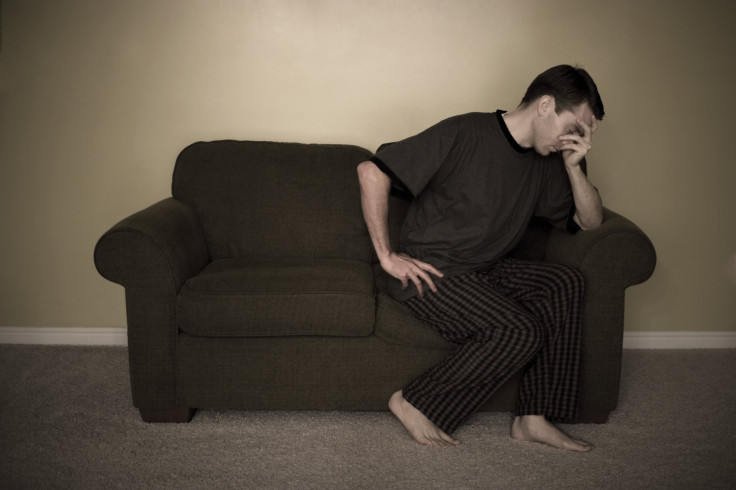Depression Enters The Era Of Personalized Medicine, With Hope For Better Outcomes

Not long ago, many likened the treatment of depression to operating on a patient from 40,000 feet — an impossible scenario, evoking an unbridgeable chasm between patient and therapy.
There was little discernment between depression and other minor and major mental health ailments in antiquity, and all were treated with scorn, derision, and religious incantation until the late 19th century development of psychoanalysis, electroconvulsive therapy in the 1930s, and then early antidepressant drugs — monoamine oxidase inhibitors and tricyclic medications — before a sundering of psychotherapies into seven or so forms and a class of drugs known as selective serotonin reuptake inhibitors (SSRIs).
But more than 60 years after the founding of the U.S. National Institute of Mental Health, the treatment of depression remains one of trial and error, with patients and doctors tossing ideas back and forth — like a tennis ball on a clay court. Patients imbued with the power and knowledge of the Internet, influenced by word of mouth and television marketing from pharmaceutical companies, now push drug treatment suggestions to the primary care physician or specialist.
Now, researchers are trying to determine genetic variances among patients that would predict individual outcomes from psychotherapy and drug treatments, hoping to inform treatment options with objective factors rather than mere guestimates based upon individual style. In a small study funded by the National Institutes of Health, researchers at Emory University's medical school compared cognitive behavioral therapy to treatment with SSRIs over a 12-week period.
"To be ill with depression any longer than necessary can be perilous," said Dr. Helen Mayberg, M.D., professor of psychiatry at Emory University. "This is a serious illness and the prolonged suffering resulting from an ineffective treatment can have serious medical, personal and social consequences. Our goal is not just to get patients well, but to get them well as fast as possible, using the treatment that is best for each individual."
On average, 35 to 40 percent of patients recover from depression following any sort of treatment, and others recover with no treatment whatsoever. But researchers here found specific biomarkers predictive of treatment outcomes from talk therapy and antidepressant medications. Specifically, patients with lower activity in the anterior insula region of the brain, as shown by a positron emission tomography scan prior to the treatment regimen, responded favorably to talk therapy but not so much to drugs. Likewise, patients with higher activity in that region experienced the obverse, responding to drugs but not therapy.
"These data suggest that if you treat based on a patient's brain type, you increase the chance of getting them into remission," Mayberg said.
In recent years, Mayberg has used brain imaging to study brain patterns in depressed people, specifically measuring brain glucose metabolism, an import index of brain functioning with regard to depression treatment. This most recent study, published Wednesday in JAMA Psychiatry, may provide a first step toward possible stratification of treatments for depression, something that might — if replicated by other investigators — soon become a routine part of the initial phase of treating the condition. Such an approach is already part of the management of other medical conditions, such as infections, cancer, and heart disease, she said.
"The study reported here provides important first results towards the development of brain-based treatment algorithms that match a patient to the treatment with the highest likelihood of success, while also avoiding those treatments that will be ineffective," Mayberg said.
Source: McGrath C, Dunlop B, Craighead WE. Biomarkers May Be Key To Discovery Of Successful Initial Treatment Of Depression. JAMA Psychiatry. 2013.



























